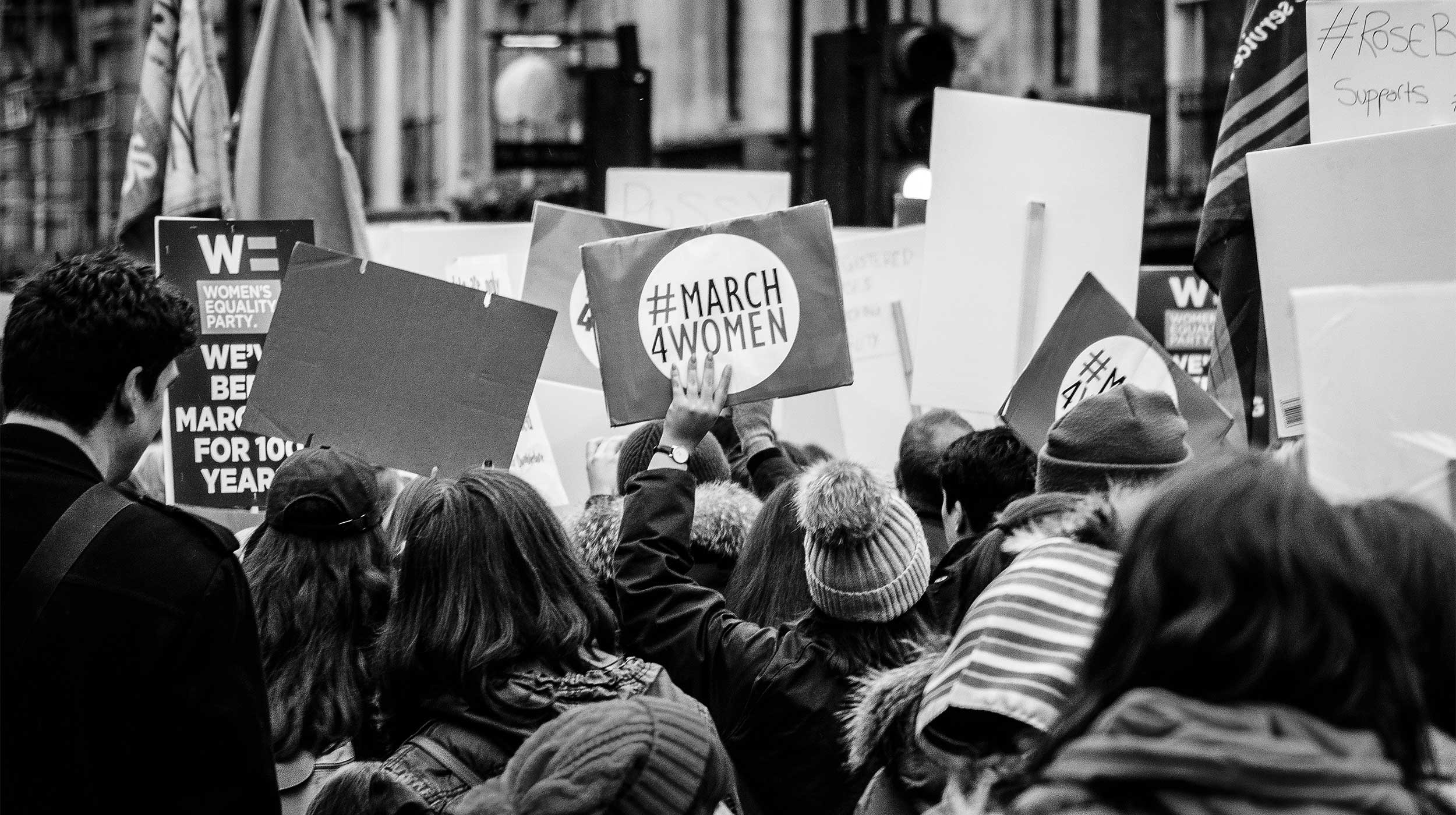INTERNATIONAL WOMEN’S DAY IS MARCH 8
The world was a strikingly different place when I founded Carpenter Group a lifetime ago. If you were a woman, you couldn’t study at Columbia, sue for pay discrimination after six months, or get a business loan unless a man cosigned for it. Ph.D. programs in women’s studies didn’t exist; neither did paid maternity leave.
It was 1982, and no woman had ever run for vice-president—much less served in that capacity—traveled in space, won the Iditarod, or run a big-city police department. In virtually every newspaper and magazine, women’s names were preceded by “Miss” or “Mrs.” “Ms.” was just another PC affectation.
Today, happily, there are more women Fortune 500 CEOs, Supreme Court justices, astronauts and university presidents than at any previous time in history. Groups like Girls Who Code, the Financial Women’s Association and Zonta International empower, promote and advocate for women. And March, of cours, is Women’s History Month, which, like Carpenter Group, originated in 1982 (albeit as Women’s History Week).
The beginnings of International Women’s Day, observed today, March 8, go back even further—to the 1960s at least. Since the United Nations first observed International Women’s Day in 1977, it has always been an occasion for celebration as well as reality-checking. This year’s theme is a case in point: “Women in Leadership: Achieving an Equal Future in a COVID-19 World.”
“Women stand at the front lines of the COVID-19 crisis, as health care workers, caregivers, innovators, community organizers and as some of the most exemplary and effective national leaders in combating the pandemic,” notes a statement from the UN. The crisis has highlighted both the centrality of women’s contributions and the disproportionate burdens they carry: Female healthcare workers put their lives at daily risk in the service of others every day yet earn less than their male counterparts. Meanwhile, women are significantly underrepresented in national and global COVID-19 policy spaces.
“The COVID-19 pandemic has taught us that diversity in leadership makes a difference, and the pandemic response in countries led by women has captured the headlines,” says the UN. “Yet only three countries in the world have 50 per cent or more women in parliament and 119 countries have never had a woman head of state.”
There is no question that we are moving too slowly toward full gender equality—but at least we are moving. In the U.S. today there are more than 12.3 million women-owned businesses, a fivefold increase over 1982, when Carpenter Group made its debut.
Yes, in some ways, it seems like a lifetime ago. In other ways, though, we’ve barely begun.




